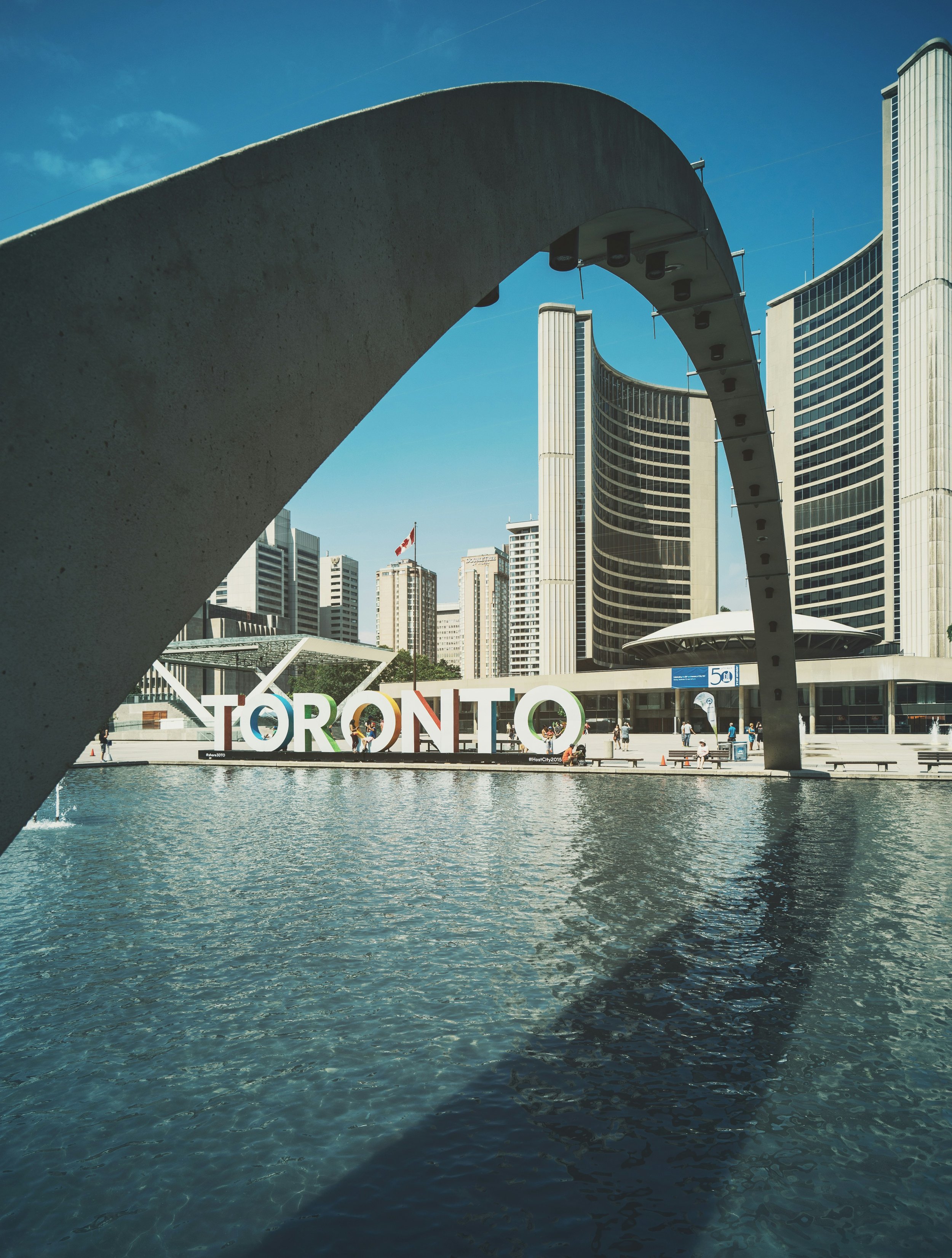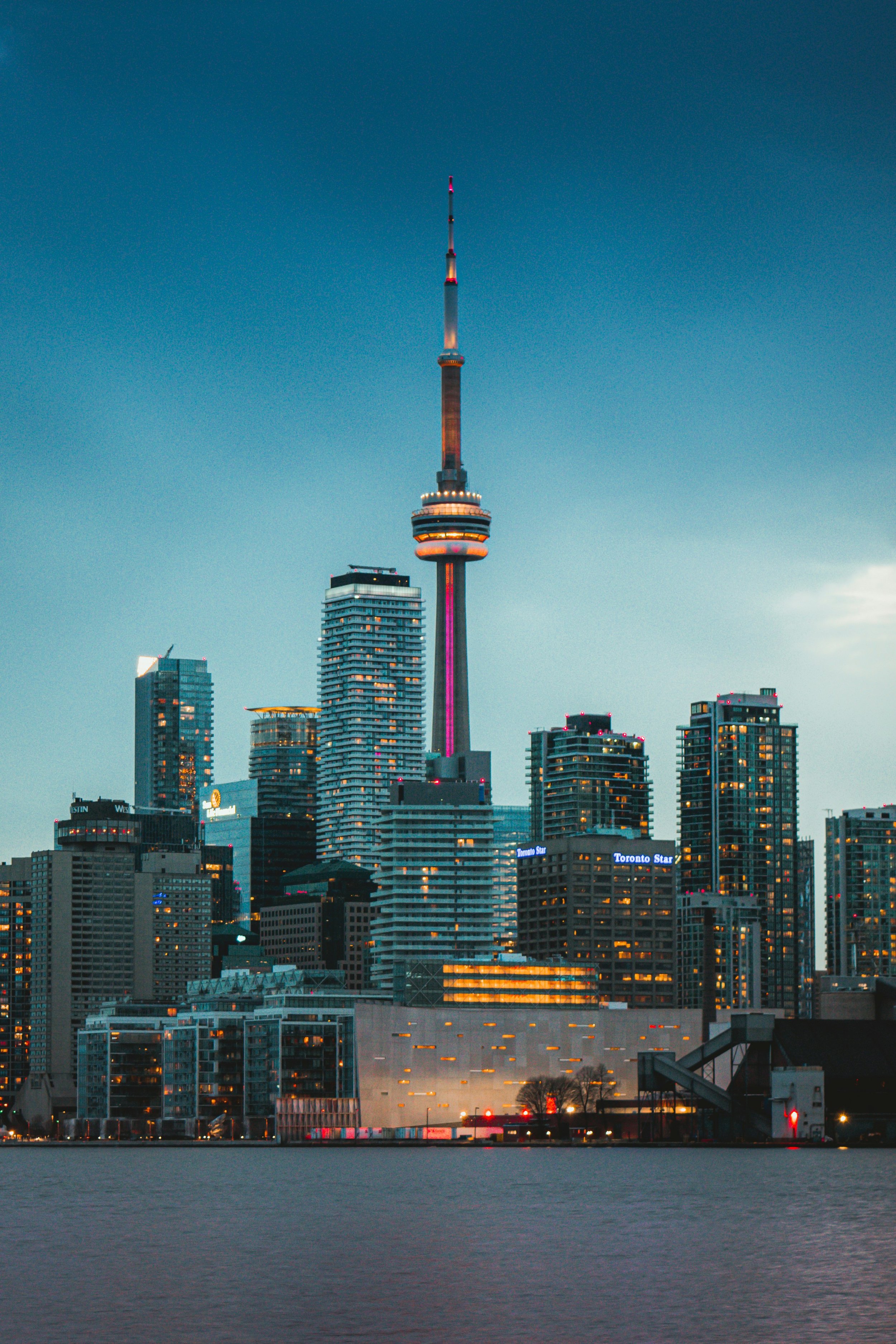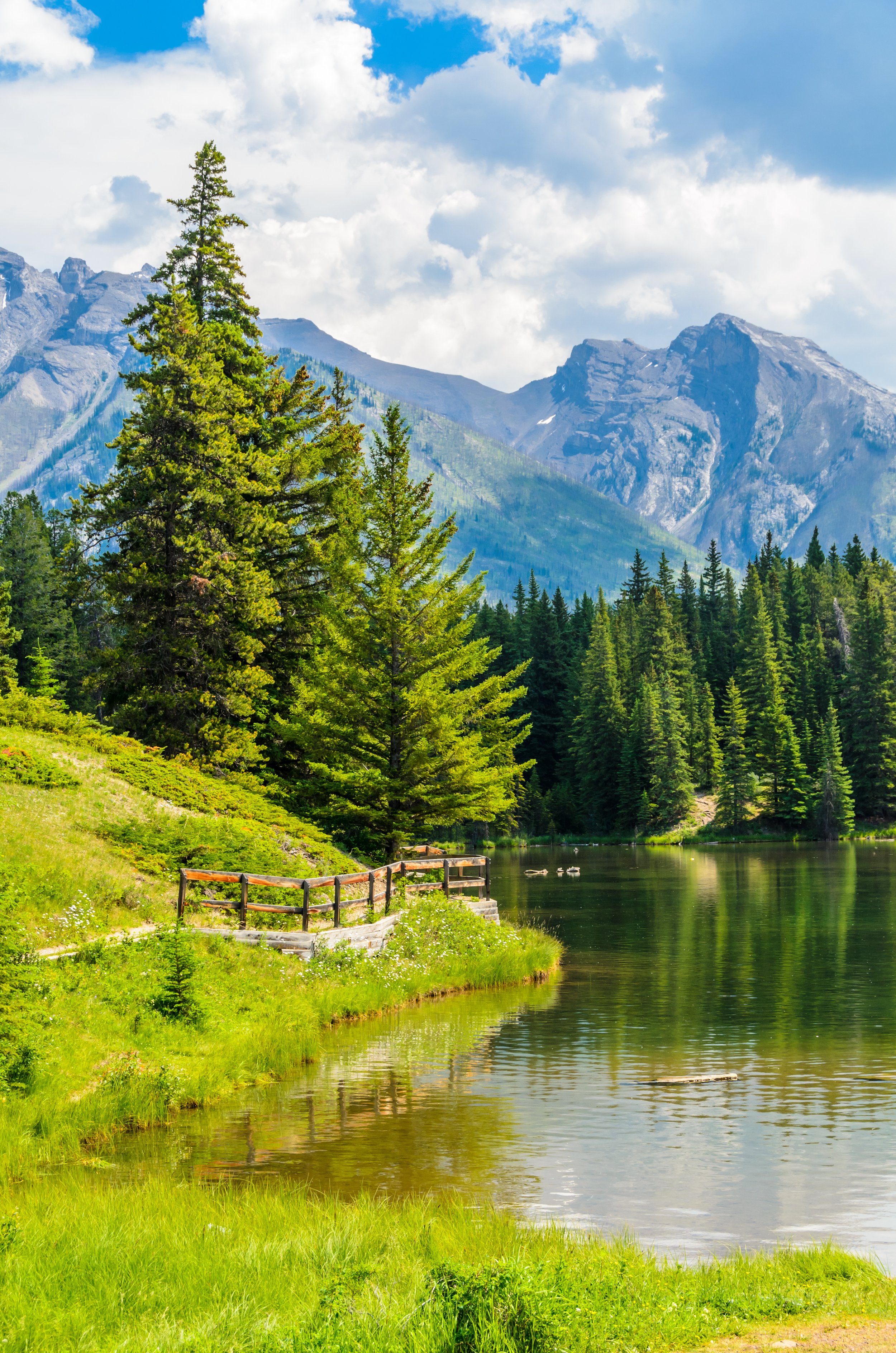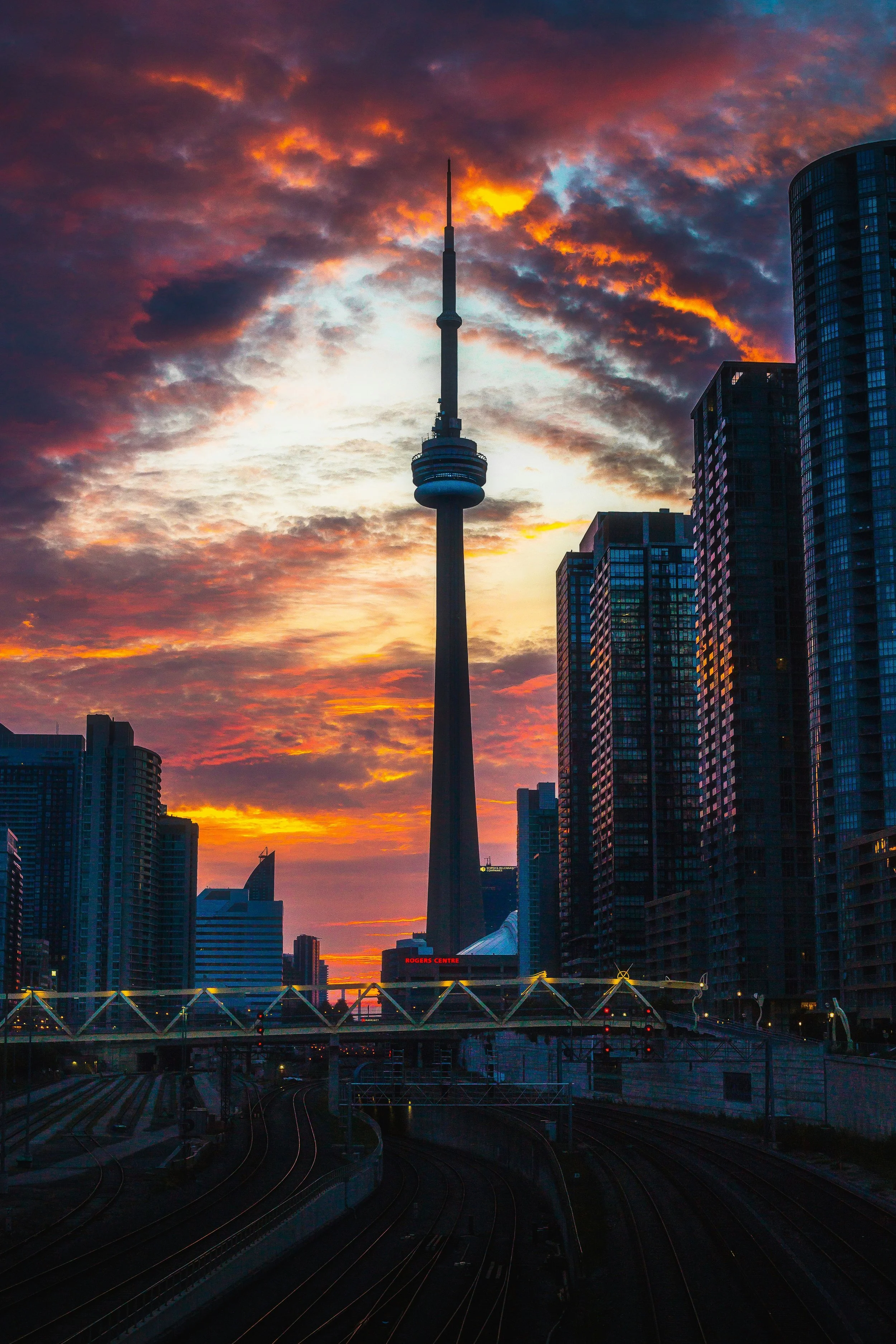Welcome to Canada
Canada, the second-largest country in the world by land area, is known for its vast landscapes, multicultural society, and high standard of living. From the rugged Rocky Mountains to vibrant urban centers like Toronto, Montreal, and Vancouver, Canada offers a diverse and welcoming environment. The country’s strong economy, commitment to social welfare, and exceptional healthcare system make it one of the most desirable places to live. With a focus on sustainability and inclusivity, Canada continues to play a prominent role on the global stage.
-
Canada has a population of over 39 million people, making it the second-largest country in the world by land area but with a relatively low population density. Most Canadians live within 200 kilometers of the U.S. border, where the climate is milder and economic opportunities are abundant.
-
Canada’s population is aging, with a median age of about 41 years. While younger generations are a significant portion of the population, the proportion of seniors is growing due to increased life expectancy and declining birth rates.
-
Canada is one of the most multicultural nations in the world. Its population includes Indigenous peoples, descendants of European settlers, and immigrants from diverse regions, including Asia, the Middle East, and Africa, reflecting its commitment to multiculturalism.
-
Canada enjoys a high standard of living, with a strong economy driven by industries such as natural resources, technology, and services. However, income inequality, housing affordability, and unemployment in some regions remain challenges.
-
Canada has two official languages: English and French. While English is the primary language for most Canadians, French is predominantly spoken in Quebec and parts of New Brunswick, with bilingual policies reflecting the country's heritage.
-
Canada boasts a literacy rate of nearly 99%, supported by a robust public education system. The country is home to world-renowned universities and colleges, and its emphasis on education attracts international students.
-
Canada’s publicly funded healthcare system ensures access to medical services for all citizens and permanent residents. However, wait times and access to specialized care can be challenges, particularly in rural and remote areas.
-
Approximately 81% of Canadians live in urban areas, with major cities like Toronto, Montreal, and Vancouver serving as economic and cultural hubs. Canada’s infrastructure is modern, with ongoing investments in transportation, renewable energy, and technology.
-
Canada's diverse landscapes, from the Rocky Mountains to vibrant cities, attract millions of tourists annually. Tourism contributes significantly to the economy, but balancing visitor numbers with environmental conservation remains a key priority.











